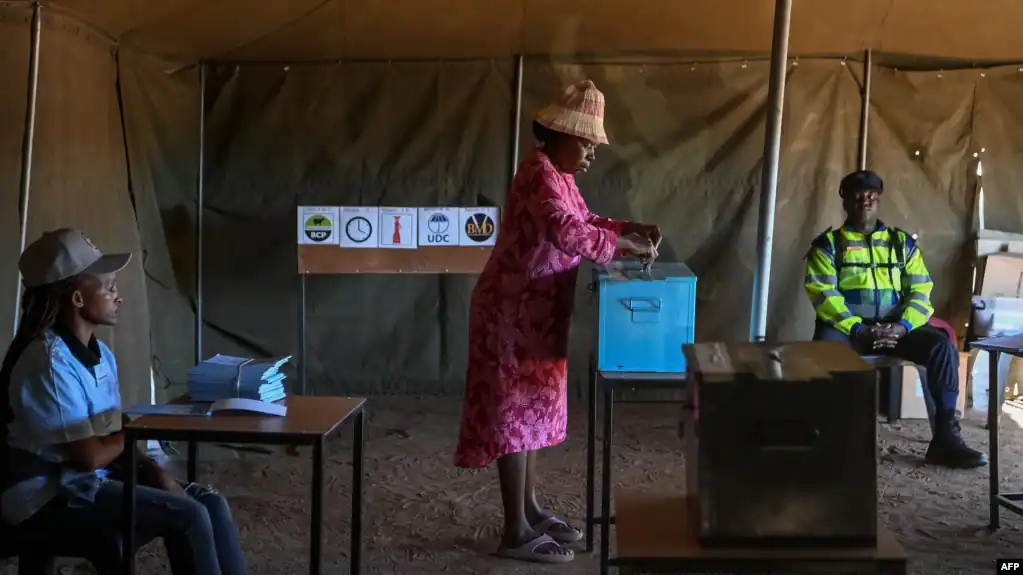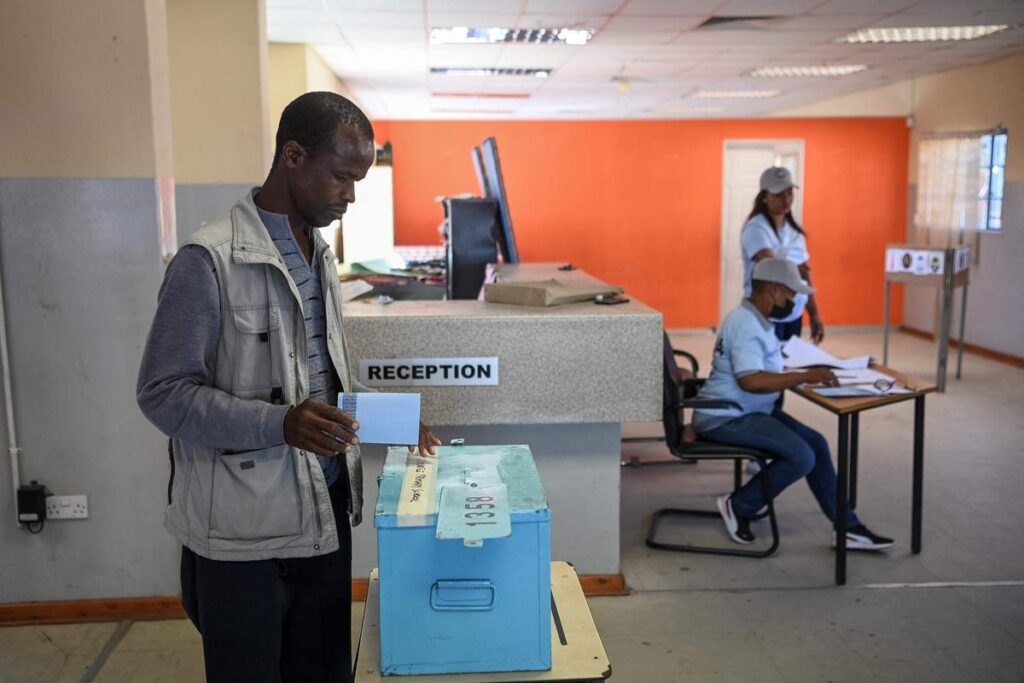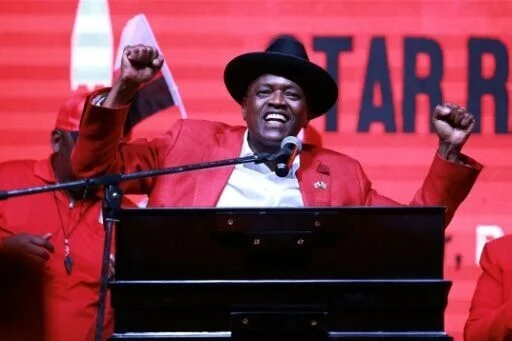Southern Africa’s diamond-rich nation of Botswana voted in general elections on Wednesday, with the ruling Botswana Democratic Party (BDP) seeking to extend its nearly six-decade rule and hand a second term to President Mokgweetsi Masisi.

More than a million people registered to vote, with four presidential candidates in the race to head the region’s oldest democracy, installed on independence from Britain in 1966 when the BDP took office.
“It is my time to voice my opinion. I can’t wait,” said Lone Kobe, a 38-year-old self-employed woman who had been queuing since 3:15 a.m. at a polling station in the capital Gaborone. “We want to see true democracy, transparency and a free and fair election,” added Muthisi Kemo, a 56-year-old unemployed man.
Opposition groups have been critical of the country’s Independent Electoral Authority (IEC), including for failing to share a digital version of the voters roll and a shortage of ballot papers in early voting for public officers. An unemployment rate that has reached 27% amid a weakening economy has also been a key concern for voters.

However, the ruling party points to the impact of the COVID-19 pandemic on the economy, with weakened demand for diamonds also chipping away at revenues. An energetic Masisi, 63, held a final campaign rally in the capital, saying he wanted to use his second term “to polish” what he started in his first five years.
The main opposition alliance, the left-leaning Umbrella for Democratic Change (UDC), lost two key members in the run-up to voting day, with the Botswana Patriotic Front (BPF) and Botswana Congress Party (BCP) quitting and each fielding their own presidential candidates. This was seen as a blow to the opposition’s chances.

With 61 seats up for grabs in parliament, Botswana’s first-past-the-post system means the first party to take 31 seats will be declared the winner and install its candidate as president. Counting will start in the hours after polling stations close on Wednesday, with results due late Thursday.
Botswana, one of Africa’s most stable democracies, is facing growing concerns over allegations of government corruption and mismanagement, as well as the equitable distribution of the country’s diamond wealth. The outcome of these elections will have significant implications for the nation’s political and economic trajectory.



